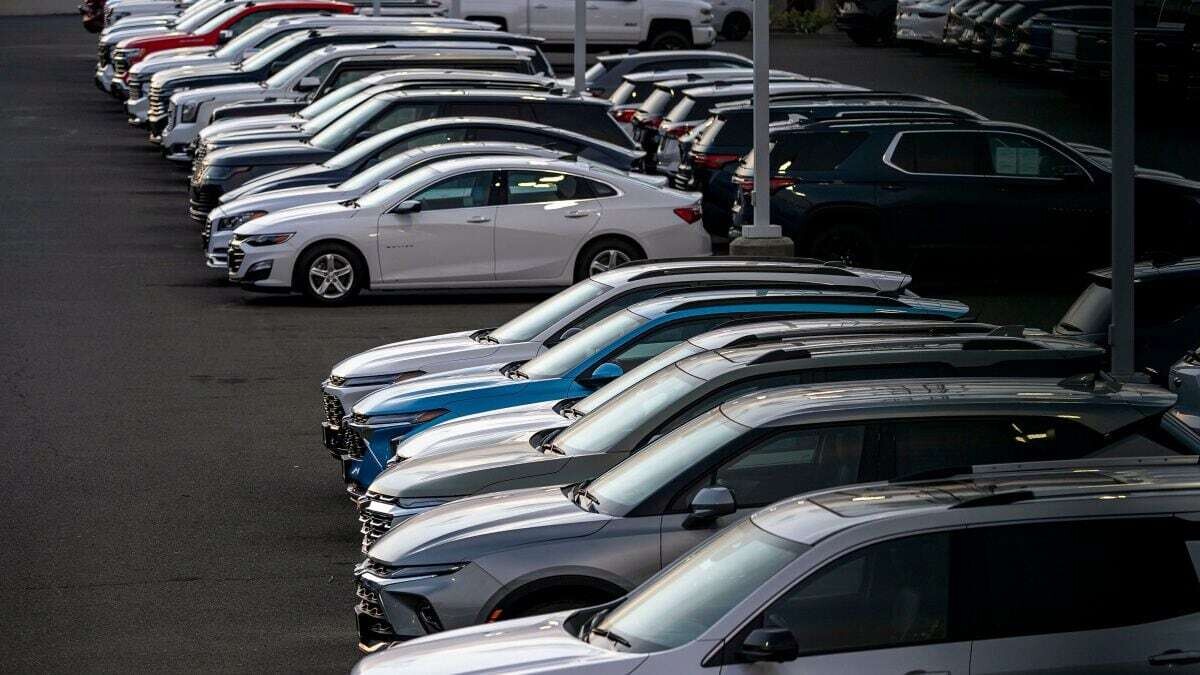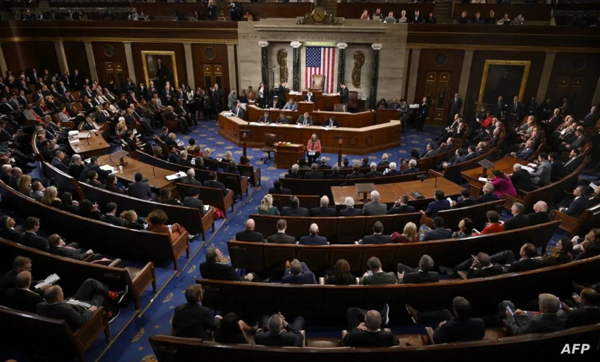
The most recent data shows that borrowers with higher credit scores are in better financial conditions compared to the previous year. In January, 0.39 percent of prime borrowers were at least 60 days behind on their payments, a slight increase from 0.35 percent the year before. The economic situation of Americans is also reflected in other indicators, showing a deterioration in the financial health of the country.
Consumer debt has recently reached record levels, while consumer confidence has dropped to its lowest level since 2021, partly due to the persistent impact of inflation and higher interest rates. According to Mike Girard from Fitch, it is common to see an increase in payment delays in January and February following the year-end holidays, followed by improvements in March and April when some borrowers use tax refunds to catch up on their bills.
The situation is more concerning for subprime auto borrowers, defined as those with credit scores of 640 or lower. In January, the percentage of subprime borrowers with at least 60 days behind on their payments rose to 6.56 percent, the highest level since data collection began in 1994, according to Fitch Ratings. This increase in delinquency suggests broader economic difficulties.
Car owners in the United States are struggling to meet their monthly payments, leading to a rise in defaults. High vehicle prices and elevated financial costs have caused a crisis in auto loans. The Federal Reserve Bank of New York recently reported that the percentage of auto borrowers in serious delinquency increased to 3 percent in the fourth quarter, the highest level since 2010.
In this context, the rise in payment delays among subprime borrowers is particularly concerning, as it reflects the broader economic difficulties in the country. According to Mike Girard from Fitch, this trend in delinquency is expected to continue, particularly among those with lower income levels. The U.S. economy faces significant challenges, with trade wars and market volatility raising concerns about slower economic growth.














